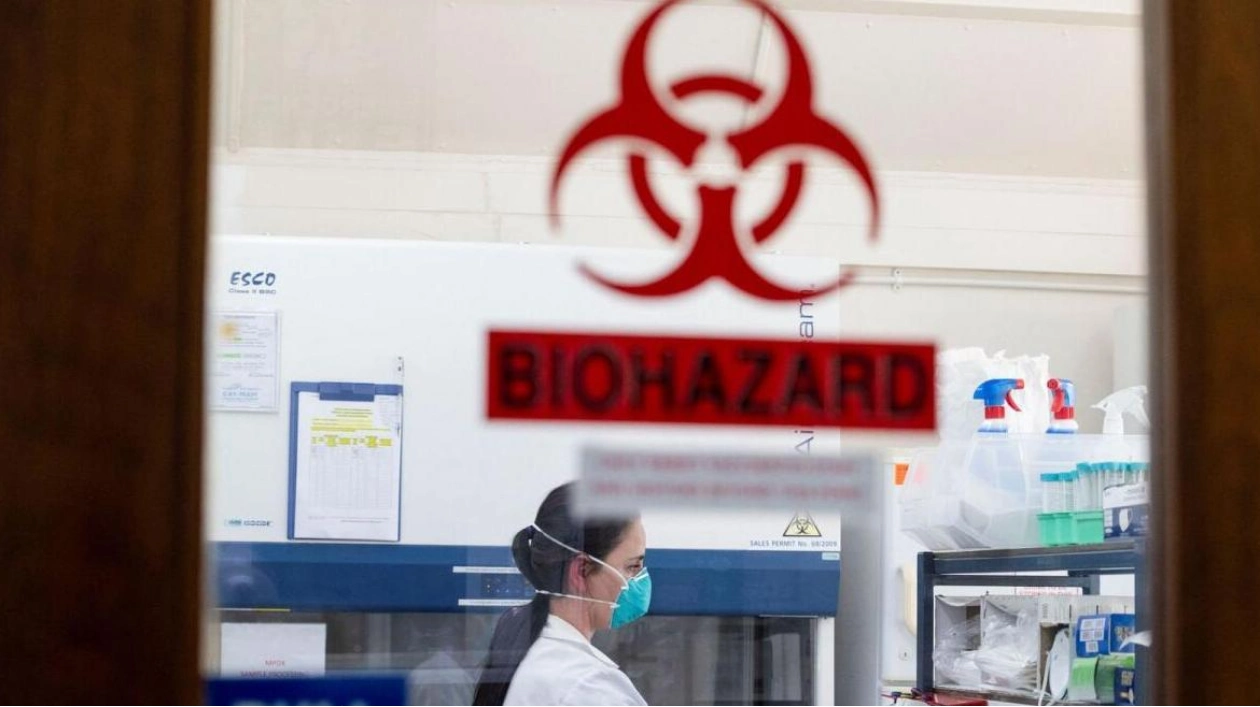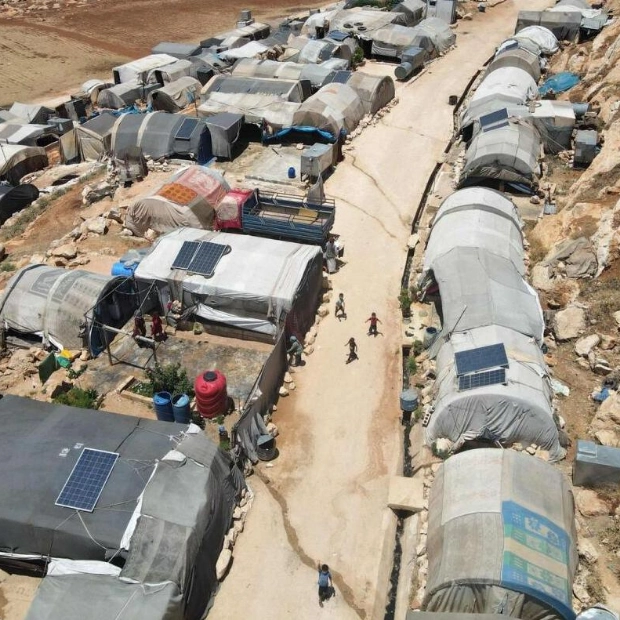Scientists examining the emergent mpox strain, which has spread from the Democratic Republic of Congo, report that the virus is evolving quicker than anticipated and frequently in regions where researchers lack the necessary funds and tools to monitor it effectively. This situation leaves many questions unanswered regarding the virus's nature, its potential severity, and transmission methods, complicating efforts to manage it, according to several scientists across Africa, Europe, and the United States speaking to Reuters. Mpox, previously known as monkeypox, has been a public health issue in certain African areas since 1970 but garnered little worldwide attention until its international surge in 2022, leading the World Health Organisation to declare a global health emergency, which concluded ten months later. A new variant, clade Ib, has once again captured global attention following a fresh WHO health emergency declaration. This strain, a mutation of the clade I mpox transmitted through contact with infected animals and endemic in Congo for decades, typically induces flu-like symptoms and pus-filled lesions, potentially lethal. According to the WHO, Congo has recorded over 18,000 suspected cases of clade I and Ib mpox and 615 fatalities this year, with an additional 222 confirmed clade Ib cases across four African nations in the past month, and individual cases in Sweden and Thailand linked to travel in Africa.
Dr. Dimie Ogoina, an infectious diseases specialist at Niger Delta University Hospital in Nigeria and chair of the WHO's mpox emergency committee, expressed concern over the lack of understanding and resources in Africa. He first alerted to the potential for sexual transmission of mpox in 2017, now recognized as a transmission route. Ogoina highlighted the challenges in comprehending the outbreak's dynamics, severity, and risk factors, and expressed worry over the virus's mutation and generation of new strains. He noted that while it took clade IIb in Nigeria over five years to evolve sufficiently for sustained human-to-human spread, triggering the 2022 global outbreak, clade Ib achieved this in under a year. Mpox, belonging to the orthopoxvirus family that includes smallpox, benefits from population-wide immunity due to a global smallpox vaccination campaign half a century ago, which has since diminished due to the cessation of vaccinations post-smallpox eradication. Genetic sequencing of clade Ib infections, estimated to have emerged in mid-September 2023, reveals a mutation known as APOBEC3, indicative of human adaptation. Dr. Miguel Paredes, studying mpox and other viruses at Fred Hutchison Cancer Center in Seattle, noted that while mpox has traditionally been stable and slow to mutate, APOBEC-driven mutations can expedite viral evolution, complicating responses due to concurrent mpox outbreaks.
Historically, mpox was primarily contracted through human contact with infected animals, a factor still driving clade I cases in Congo, possibly exacerbated by deforestation and increased bushmeat consumption. The mutated clade Ib and IIb are now essentially sexually transmitted diseases, according to Dr. Salim Abdool Karim, a South African epidemiologist and chair of the Africa CDC’s mpox advisory committee. Clade Ib transmission also occurs through close contact with infected individuals, likely responsible for clusters of child infections in Burundi and eastern Congo’s displacement camps, where crowded conditions may facilitate spread. High-risk groups including children, pregnant women, and those with compromised immune systems or other illnesses face greater threats of severe mpox and death. Clade I typically results in more severe disease, with fatality rates ranging from 4% to 11%, compared to approximately 1% for clade II. Ogoina noted that while few deaths from the new Ib version have been reported in Congo, data confusion remains a concern. Urgent research is needed, but three African teams tracking mpox outbreaks lack access to essential diagnostic chemicals. Clade Ib can evade some diagnostic tests, making response planning, including vaccination strategies, challenging without comprehensive data. Karim reported that half of the cases in eastern Congo, a hotspot for Ib, are diagnosed by doctors without laboratory confirmation, compounded by difficulties in sample transportation due to an already strained healthcare system and ongoing conflicts. Many African laboratories face supply shortages, according to Dr. Emmanuel Nakoune, an mpox expert at the Institut Pasteur in Bangui, Central African Republic, highlighting the necessity for tracking lethal outbreaks.






